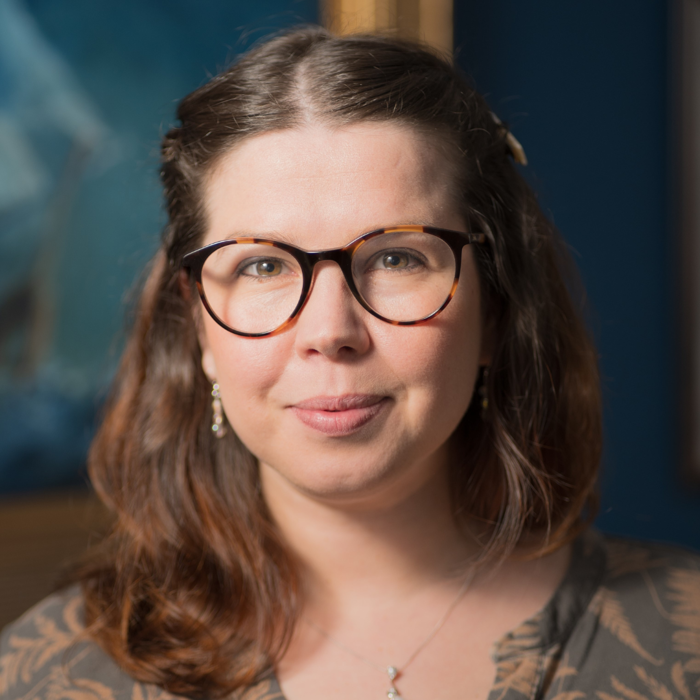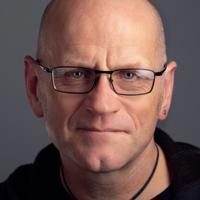Group Singing As A Complex Adaptive System (CAS)
Thursday 7th July 2022, 5:00 PM - 7:00 PM (London Time)
In this short course, Dr Dave Camlin will outline some of the implications of understanding group singing as a complex adaptive system (CAS).
While perhaps hundreds of psychological, biological, social, and behavioural mechanisms might be implicated in the experience of singing together, how we understand such complex intra-actions presents an epistemological conundrum.
Participant reports of ‘magic moments’ point toward group singing as the experience of an ‘entangled state’, whereby our understanding of causality is radically altered.
As well as troubling our understanding of what we ‘know’ about it, thinking of group singing as a CAS also invites us to consider what we ‘do’ with it, and how we research it.
Drawing on perspectives as diverse as vitality dynamics (Stern, 2010) and quantum theory (Barad, 2007), the course will explore the complexity of issues surrounding group singing as it relates to health and (mutual) recovery; interpersonal attunement and entrainment; performance (of relationships and values as much as musical works), addressing such questions as:
- What does it mean to think of music (specifically group singing) as a complex adaptive system (CAS)?
- What human (or posthuman) values are ‘performed’ during group singing, and how might they be fostered?
- What is a ‘healthy public’, and how does group singing support such development?
- How might we connect the act of singing together to issues of sustainable global development?
Dr Dave Camlin
Dr Dave Camlin’s musical practice spans performance, composition, teaching, socially-engaged music practice and research. A singer / song-writer by trade...
Sorry, this is an archived short course...
We have plenty of upcoming short courses coming soon. See details of some of them below or look at the full list of short courses.

Monday 7th July 2025
2:00 PM - 4:00 PM
Tuesday 8th July 2025
2:00 PM - 4:00 PM
Wednesday 9th July 2025
2:00 PM - 4:00 PM
Friday 11th July 2025
2:00 PM - 4:00 PM
Monday 14th July 2025
2:00 PM - 4:00 PM
Tuesday 15th July 2025
2:00 PM - 4:00 PM
Wednesday 16th July 2025
2:00 PM - 4:00 PM
Friday 18th July 2025
2:00 PM - 4:00 PM
(London Time)
Introduction to statistics and working with quantitative data for Voice Professionals: 8-Session Online Bootcamp

Dr David Cane
This certificated statistics course is ideal for individuals interested in laying a solid foundation in quantitative research methods. By focusing on essential statistical principles, you will be equipped with the tools to understand and apply quantitative research techniques effectively. Statistics is a crucial component of quantitative research; mastering it will enable you to grasp quantitative methods more confidently and precisely.


Tuesday 15th July 2025
5:00 PM - 7:00 PM
(London Time)
Exploring the roots of the tongue: Ideas for performance

Walt Fritz
As a relative outsider looking into the voice and performance world, I witness the bell curve of thoughts and actions on how the tongue contributes to voice problems and how best to tame that tension. Traditional ways of taming tongue tension seem adequate (or would seem so, based on feedback), so what is different and new? In this short course for the Voice Study Centre, Walt Fritz will introduce the learner to variations on self-applied tongue stretches and exercises.


Wednesday 16th July 2025
2:00 PM - 4:00 PM
(London Time)
Emotion and Performing Accents and Dialects: why does Emotion Get in the Way?

Louisa Morgan
At points of heightened emotion, it is common for actors working in an accent to default to their natural speech. How do we help performers to avoid this issue and provide them and their directors with the confidence they need regardless of the emotional demands of the piece? What can we learn from research in vocal expression of emotion to help actors to embody the emotion and keep control of their voice and accent? Our very own Louisa Morgan will guide participants through the latest research and offer practical suggestions for working with performers needing to navigate this challenge.
